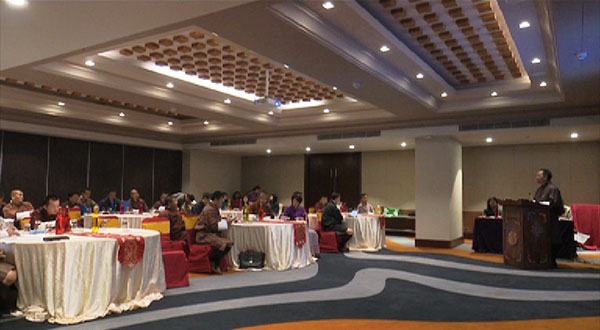 To engage members of the parliament (MPs) on conducting public hearings as an effective tool in promoting inclusive decision making, the United National Development Programme (UNDP) is organising a two-day workshop in Thimphu, beginning today. A public hearing is a process held prior to a decision point which opens up debate and dialogue with the public. It gives an opportunity for citizens to communicate with those making decisions.
To engage members of the parliament (MPs) on conducting public hearings as an effective tool in promoting inclusive decision making, the United National Development Programme (UNDP) is organising a two-day workshop in Thimphu, beginning today. A public hearing is a process held prior to a decision point which opens up debate and dialogue with the public. It gives an opportunity for citizens to communicate with those making decisions.
The two-day programme will provide insights into rules of procedure on public hearing and on how to plan public hearings strategically. The workshop will help the parliamentary committees improve the drafting of laws and address issues that come as a result of the hearings.
“Public hearing basically means that when the committees are in the process of meeting, they would call several stakeholders to get the feedback, and views, which are open to the public. So in a way when people have access, they can give much more feedback. I feel public hearing is a very good instrument, which actually parliament can use it, in the process of making laws or discussions on any resolutions,” said the Speaker of the National Assembly, Wangchuk Namgyel.
In 2016, UNDP supported the development of the first public hearing manual but till date, only the public accounts committee has organised public hearings.
“The public hearing is one of those methods for the parliament to engage the public in the legislative process and make the process more inclusive and participatory. In the sustainable development goals, there is one goal, 16, dedicated to accountable governance institution and public hearing processes would enhance the accountability of decision-making processes and engage the public in the governance structure of the country,” said Azusa Kubota, the Resident Representative of UNDP Bhutan.
The public hearing programme is part of UNDP’s parliamentary project to support and enhance the capacity and inclusiveness of the parliament to deliver on the Sustainable Development Goals.








